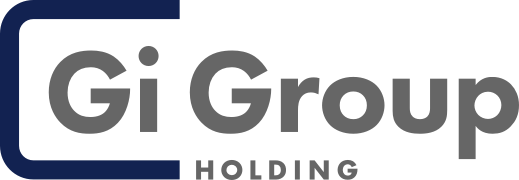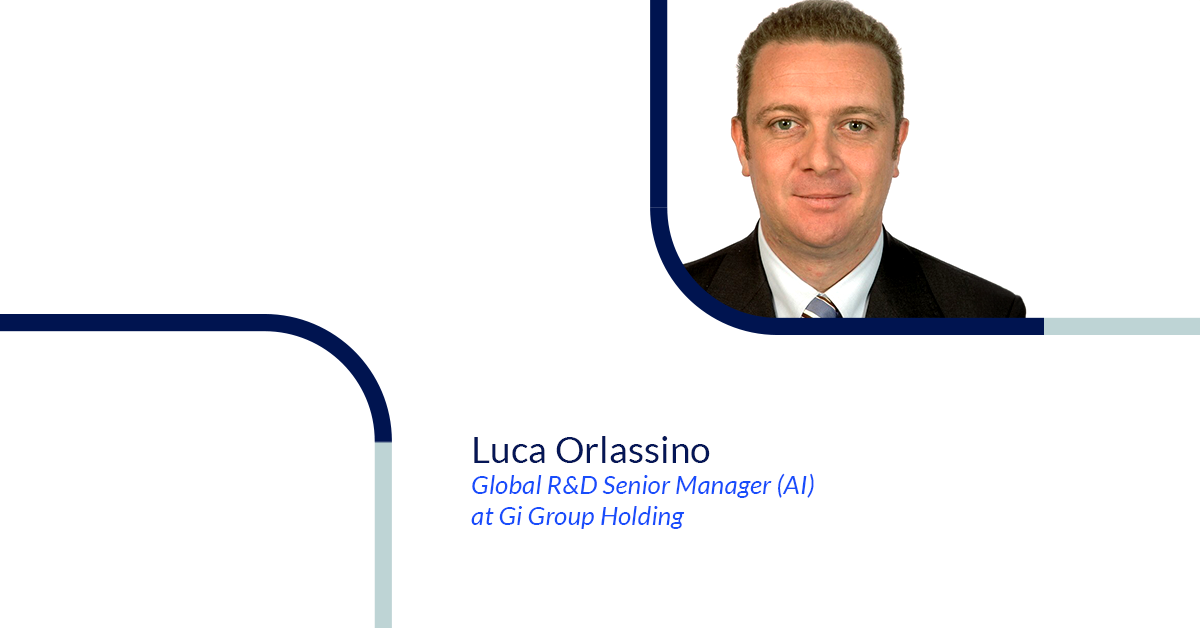The Human Factor: Why Employer Branding (EB) Increasingly Matters

Businesses have to deliver strong employee development experiences in line with demands for continued education and greater career mobility
There are a number of significant and ongoing transformations in today’s world of work. A group that is heavily impacted is jobseekers working in international markets and moving across roles in different countries and regional geographies. The question for businesses everywhere is how they keep up with delivering employee satisfaction and nurturing their employer brands such that they truly offer creative, challenging work roles, meet targets for building ideal employment (work environments) and invest in long-term employee care (e.g., skills development, reskilling and upskilling, work-life balance support services, and more). In the article below, we share remarks from Lorenzo Sergio Castracane, Global Employer Brand Lead and coordinator of Gi Group Holding’s new report, The Human Factor: People and Companies in the New Global Dynamics of Work.New Workplace Challenges
The biggest change for jobseekers in the past half-decade is greater awareness of work-life balance, i.e., what people expect from careers and how that fits with their priorities in their personal lives. In speaking about findings from the Gi Group Holding report mentioned above, Lorenzo Castracane points out, “Skilled talent on the market today expects modern roles to have high-level work-life balance. Younger applicants especially are looking for flexible employment options such as hybrid work scenarios and employer investment into their longer-term professional development. They expect skills training and even upskilling as part of compensation packages and also emphasis on promoting company values in work delivery.” The last point is critical because jobseekers, younger candidates in particular, have had a values re-think and decided they want greater meaning from their work experience. Plus, a number of structural changes to workforce composition are having a strong impact on how hiring processes are planned. This involves namely changing age demographics (e.g., fewer potential employees in younger age cohorts who can take on roles of older workers heading into retirement); delayed provision of skills training and career development ensuring that young workers can meet innovation and process transformation needs; and employee teams with more diverse age demographics – Gen Z employees now becoming part of teams that span from remaining Baby Boomers on to Gen X and Millennials. Today’s workplace reality encompasses quite a broad scope of approaches to work and product delivery.Investing in Professional Development and Mobility Boosts Satisfaction
The new research provides many insights on how employee satisfaction is evolving in markets around the world, with the latter being impacted differently depending on industry sector and gender. “The findings gathered for us by IPSOS show that employees with a background in the Legal or Economic fields express higher levels of job satisfaction: 69% in the sector in Brazil compared to average levels of 62% in that country overall; or 66% in those fields in Germany compared to average levels of 57%. In the research we commissioned we also found that male workers generally gave higher ratings on job satisfaction than women. The outlier was Türkiye where 77% of women reported upper level ratings (between 8-10) on job satisfaction, as compared to men in that country – 61%. However, with women across all markets surveyed being roughly 10% less satisfied in their work roles than their male colleagues, it shows us there is work to be done to support greater inclusion and opportunity for women in the workplace,” notes Lorenzo Castracane. In addition to demographic groups like women, the NEET segment of the population (Not in Education or Employment) also has high levels of concern and, in some cases, disillusionment with work opportunities. This segment of the work-capable population is a prime area for skills development investment. Numbers show that NEETs made up 11.7 percent of the EU population aged 15-29. This figure jumps to almost 20% in markets like Romania. Add to this, vast underusage of women worker populations in EU countries (women have an employment rate of 69.3% compared to 80% for men) and you have significant talent pools that can be skilled for modern, transformative work roles, i.e., in spaces like new tech, logistics, manufacturing and more.
Compared to the previous survey from 2021, employees are increasingly focusing on alignment with values frameworks. Although pay and compensation are still important factors, workers are now placing greater emphasis on possibilities to work abroad, company career programming that focuses on a longer-term career horizon and offers opportunities for advancement and skills training, as well as investment into programmes that support employee well-being. Candidates and employees are keen to work in businesses that support continuous skills education and training. In Brazil (80%), China (78%) and Portugal (71%), survey respondents said continuous training is a must. On top of that, employees across the board stated that they value employers who support their professional growth and ensure merit-based rewards systems for staff and employee teams. They respect companies that acknowledge and reward hard work done. This also aligns with today’s, especially younger, jobseekers giving preference to employers with whom they see personal values connections: issues like human and social sustainability, inclusivity and social responsibility are categories that candidates take note of when searching for new roles and career opportunities.





